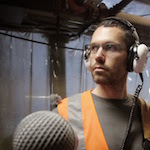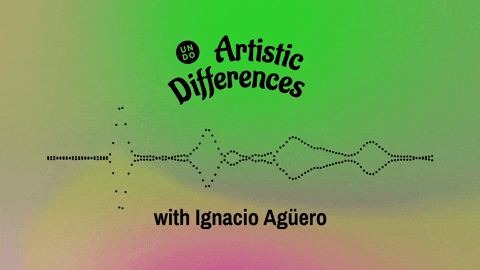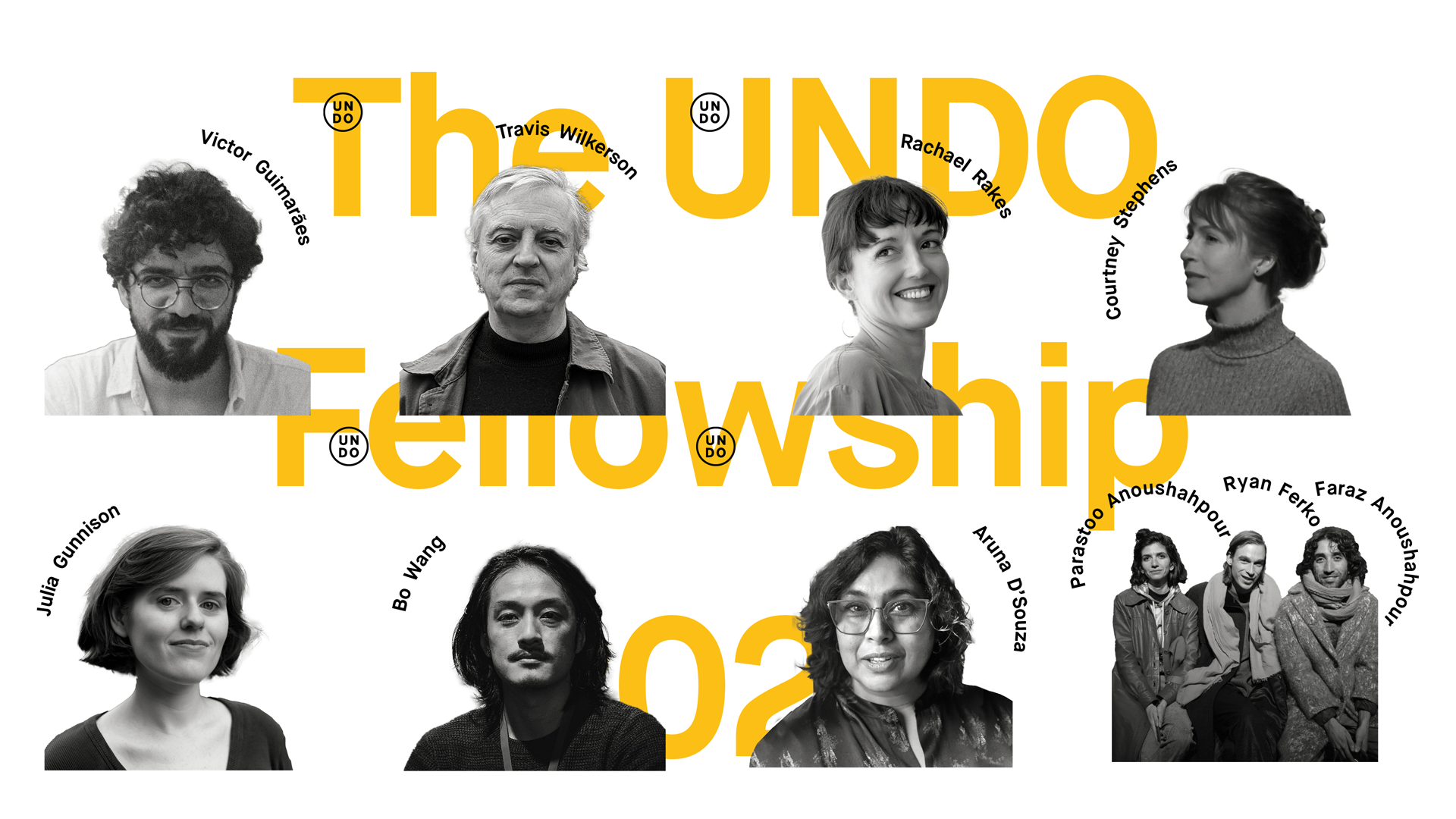Morning and Other Times is a multichannel audio composition that was recorded in the city of Chiang Mai over a period of four weeks in early 2014 — a few months before the military coup which led to the current dictatorship under General Prayuth. The piece attends to the multidimensional nature of the city, not just in terms of human multiplicity, but also in terms of the ways it’s inhabited by beings of different species, and so the piece takes as its starting point the voices of nonhuman participants in the urban environment. In one recurring case, that of dogs, the voices are literally in dialog with audible religious and political aspects of life in the city: namely the ringing of bells in temples (which are places that shelter street dogs), and the bugle calls which emanate from a military training facility on the outskirts of the city. The piece also relies on overhearing, on listening through, in order to convey something of its setting by what is revealed in the background. For example, when I was going through my recordings some months after making them, I found that I had more than once inadvertently recorded the Thai national anthem being broadcast somewhere in the distance; including them in this piece contributes to the theme of a pervasive background of nationalism and militarism.
Mycological is an audio piece which takes as its subject certain aspects of human encounters with fungi. Fungi were once thought of as kinds of plants but are now categorized as their own kingdom, which also includes yeast and molds. Genetically more similar to animals than to plants, fungi nearly always coexist in symbiotic, mycorrhizal relationships with other life forms and thus index above all interconnectedness. Mycology is unusual among the sciences in that advances in the field have historically been made by both professionals and amateurs, and these two groups have likewise been interdependent in the creation of mycological knowledge. Amateur mycology in the US goes back to the late 1800s, when it was a subfield of amateur botany, and clubs were formed in many American cities. The Boston Mycological Club (BMC), founded in 1895, is the longest running such club, with a growing active membership. While members often join initially out of a desire to safely forage for wild mushrooms, many develop fascinations which go far beyond the edible fruiting bodies, to the ecological and morphological aspects of fungi more generally. This piece was recorded in biology labs and the herbaria at Harvard University, and during forays with the BMC, and listens in on processes of observation and knowledge production. (Ernst Karel)
Morning and Other Times, 2015, 7.1 audio, 31 min
EMPAC, Troy NY
Oboro, Montréal, Canada
Harvard Art Museums, Cambridge MA
Mycological, 2014, 5.1 audio, 33 min
Sound Positions, CONTEXT New York
The Long Now, Maerzmusik, Berlin
Plenary session,13th Biennial Conference of the European Association of Anthropologists, Tallinn, Estonia ( http://www.nomadit.co.uk/
 Ernst Karel makes electroacoustic music and experimental nonfiction sound works for multichannel installation and performance, and collaborates with filmmakers and artists in making audiovisual work. Recent multichannel sound projections have been presented at The Long Now in Berlin; Oboro in Montreal; EMPAC in Troy NY; and in conjunction with the 2014 Whitney Biennial. Sound installations in collaboration with Helen Mirra have been exhibited at Culturgest, Lisbon; KW Institute for Contemporary Art, Berlin; Audiorama, Stockholm; MIT List Visual Arts Center, Cambridge; and in the 2012 Sao Paulo Bienal. Video with multichannel sound collaborations include the installation work Ah humanity! (with Lucien Castaing-Taylor and Véréna Paravel) and Single Stream (with Toby Lee and Pawel Wojtasik). Nonfiction films on which he has done sound work include The Iron Ministry, Manakamana, Leviathan
Ernst Karel makes electroacoustic music and experimental nonfiction sound works for multichannel installation and performance, and collaborates with filmmakers and artists in making audiovisual work. Recent multichannel sound projections have been presented at The Long Now in Berlin; Oboro in Montreal; EMPAC in Troy NY; and in conjunction with the 2014 Whitney Biennial. Sound installations in collaboration with Helen Mirra have been exhibited at Culturgest, Lisbon; KW Institute for Contemporary Art, Berlin; Audiorama, Stockholm; MIT List Visual Arts Center, Cambridge; and in the 2012 Sao Paulo Bienal. Video with multichannel sound collaborations include the installation work Ah humanity! (with Lucien Castaing-Taylor and Véréna Paravel) and Single Stream (with Toby Lee and Pawel Wojtasik). Nonfiction films on which he has done sound work include The Iron Ministry, Manakamana, Leviathan






